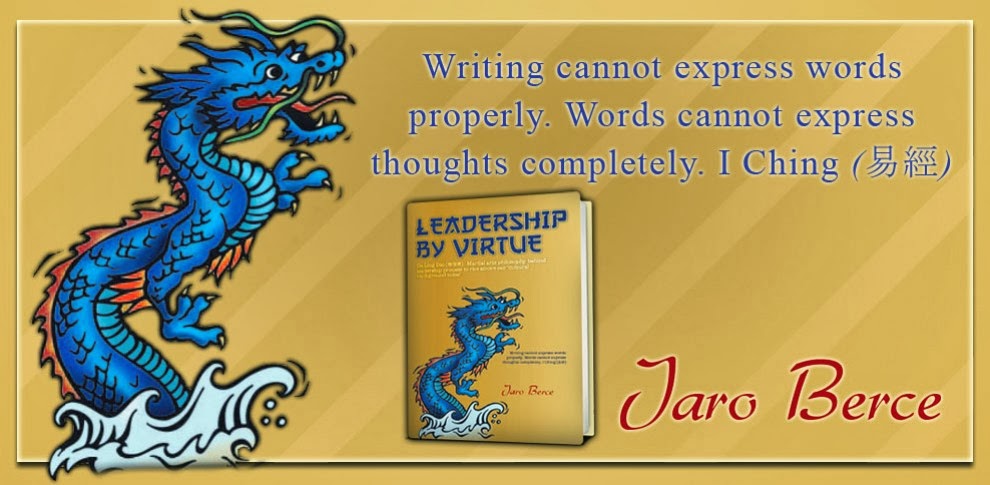Paradoxically, we set our knowledge and belief as a reference / universal point when judging other cultures. We compare what we know or believe to new and different views sometimes curiously wondering how wrong they are. You are basically trapped in stability issue of which I have written in Leadership and stability, such stability that you have fallibly perceived as security due familiarity with your ‘not changing’ home place culture.
Unfortunately, in this you are wrong. There is nothing stable in this Universe. Changes and differences are all around us, also when meeting other people, cultures or leadership styles.
Differences are the outcome of Gerhard Hofstede project when asked to unify IBM corporate culture across the globe. The study was conducted within IBM between 1967 and 1973 and covered more than 70 countries. Hofstede built a methodology of different countries and cultures and how they interact based on six different categories of cultural dimensions:
- Power Distance that expresses the degree to which the less powerful members of a society accept and expect that power is distributed unequally.
- Individualism vs. Collectivism which focuses on the questions about whether people prefer a close knit network of people or prefer to be left alone to fend for themselves.
- Masculinity vs. Femininity where masculinity represents a preference in society for achievement, heroism, assertiveness and material reward for success; and femininity, stands for a preference for cooperation, modesty, caring for the weak and quality of life.
- Uncertainty Avoidance that expresses the degree to which the member of a society feels uncomfortable with uncertainty and ambiguity.
- Long-term vs. Short-term Orientation where Long-term orientation dimension can be interpreted as dealing with society's search for virtue and are careful how they shape today not to distort tomorrow.
- Indulgence vs. Restraint that identifies the extent to which a society allows ‘relatively free gratification of basic and natural human desires related to enjoying life and having fun’.

Commonly used and cited methodology unfortunately is a perfect “Descartes model of dualism” so appreciated in Western hemisphere way of thinking (see: Dualism vs. Yin-Yang). With different dimensions it brings some diversity but does not allow or imply the changes within cultures.
Is there a solution that may contribute and add change to cultural dimensions methodology?






